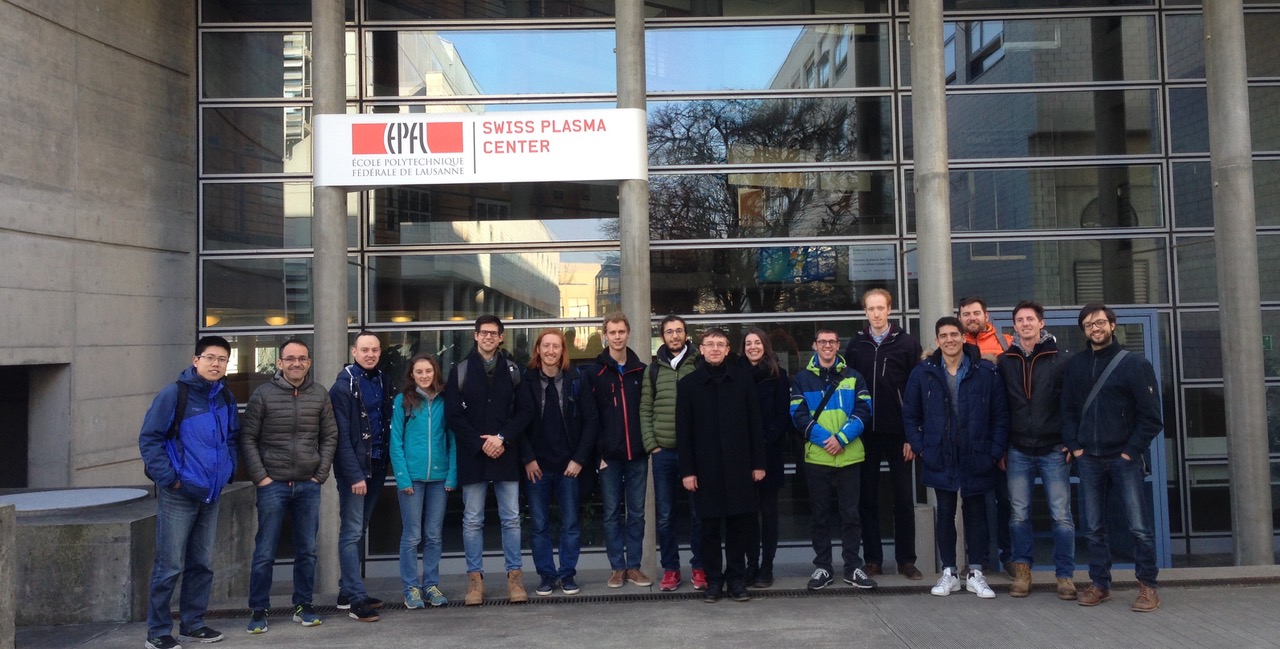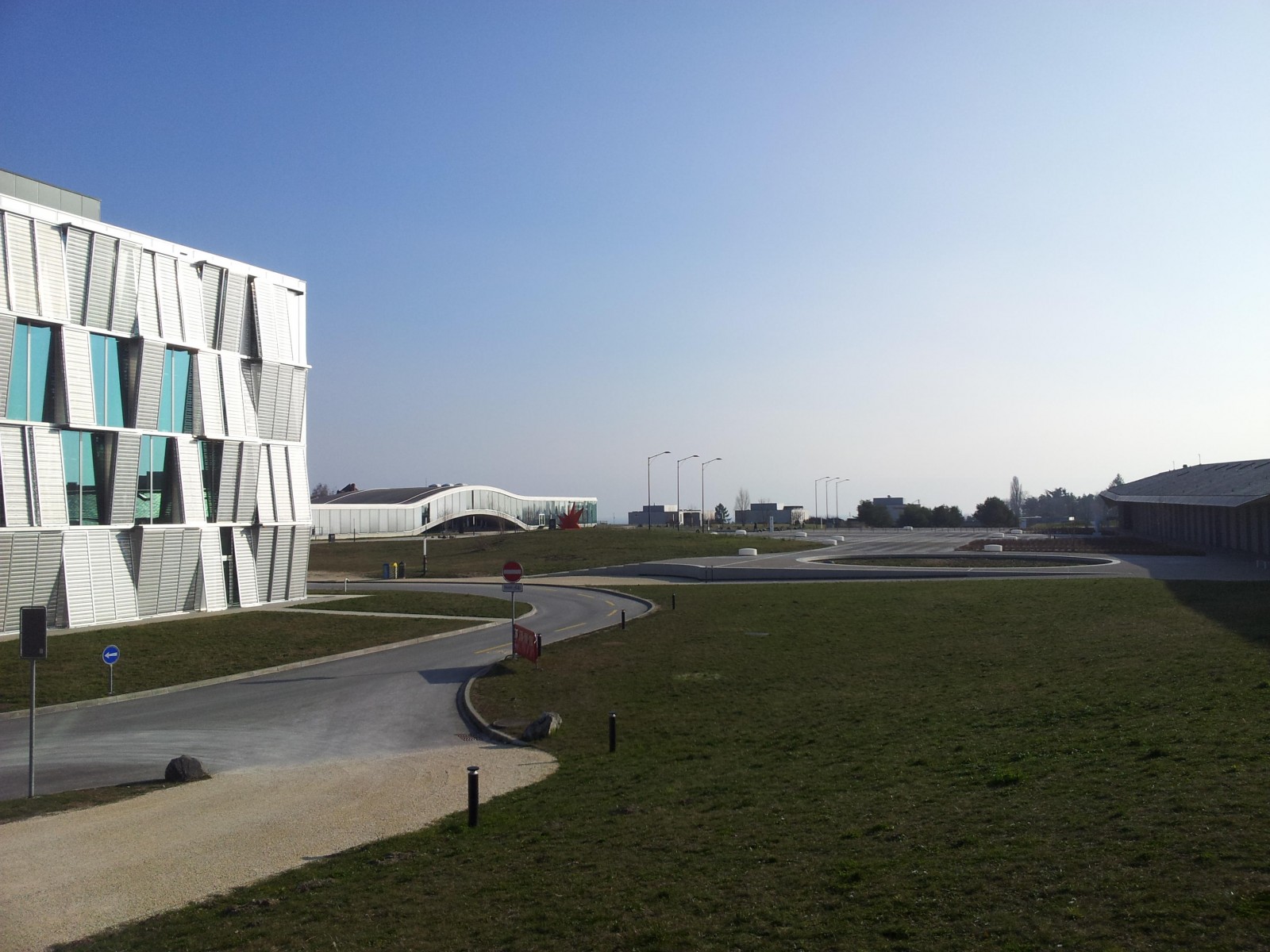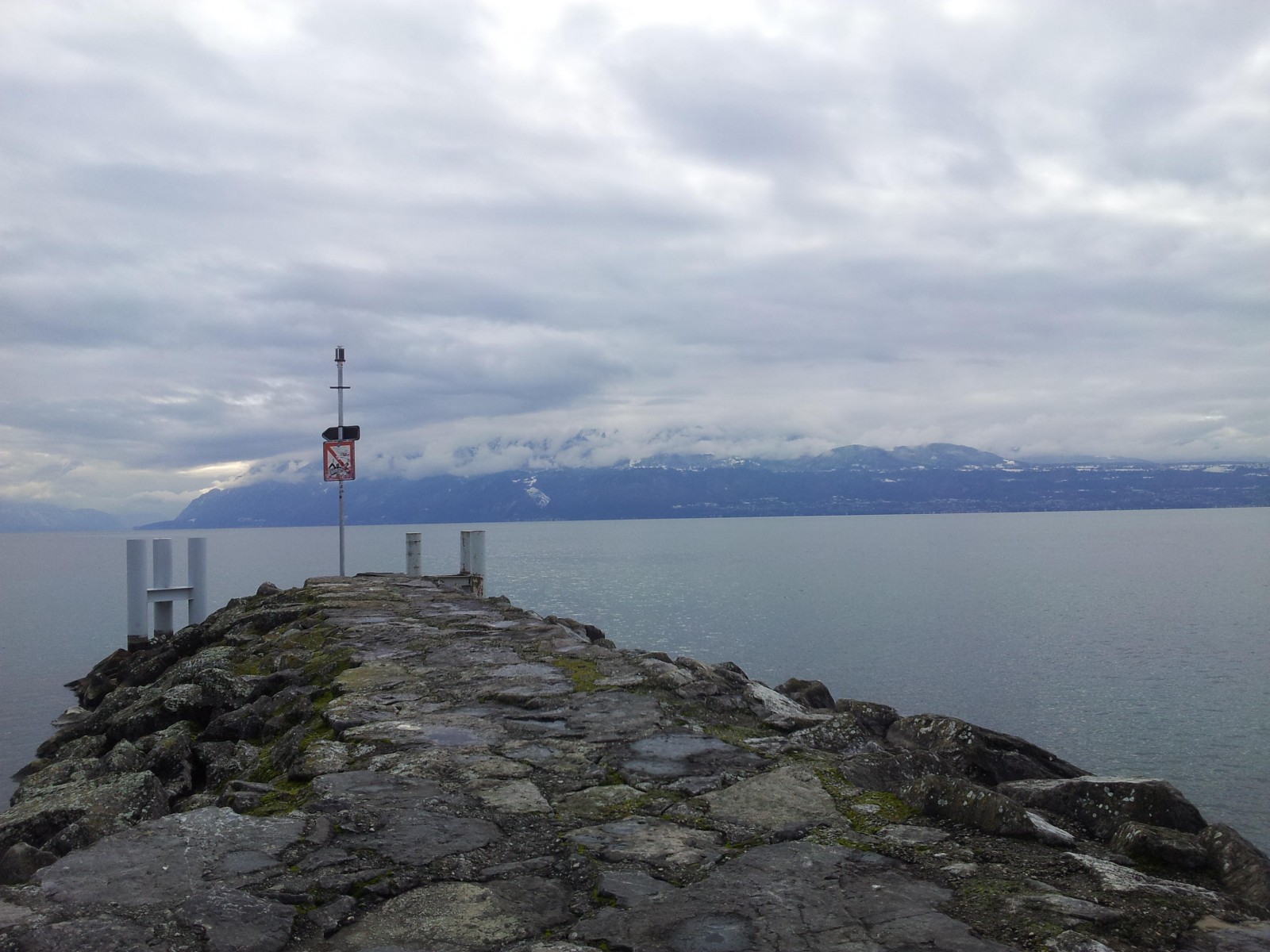The first day in Lausanne felt like arriving to a different world.The same can be said for my first day at École Polytechnique fédérale de Lausanne (EPFL) with Swiss precision breaths coming from every nook.

After a quick introduction, we plunged into the basics of electric and magnetic probes. The theory was effectively followed and illustrated by a visit to both Lausanne facilities, TORPEX and TCV with a brief presentation of many types of Langmuir and other probes developed and tested on TORPEX, as well as data acquisition systems and other plasma diagnostics. During the rest of the course, the lecturers led us from plasma diagnostics theory of electric and magnetic probes, fast cameras or bolometers through practical experience with different types of Langmuir probes and data acquisition to data analysis in Matlab.
There were also a few practical classes to support the theoretical content of the course. For instance, we worked in three groups in order to estimate the effective area of a pick-up coil for calibration,  derived formulas for basic and three tip Langmuir probe and we also learned modern data processing methods through hands-on experience with TORPEX. The Matlab practical classes were focused on orders of data analysis, interpretation of I-V characteristic curves, Fourier analysis, estimation of mode properties or recognition of blobs.
derived formulas for basic and three tip Langmuir probe and we also learned modern data processing methods through hands-on experience with TORPEX. The Matlab practical classes were focused on orders of data analysis, interpretation of I-V characteristic curves, Fourier analysis, estimation of mode properties or recognition of blobs.
Meeting students and researchers from around the world
However, the course was not only about lectures and interesting technologies, it was also very useful for making new friends and relations, which is somehow easier in a medley of Ph.D. and M.Sc. students both from EPFL and other universities. There are many possibilities for social life both in the campus and the Lausanne city center as well. Unfortunately, life in Switzerland is very expensive.
 Whether you are new to plasma diagnostics or not, the course is a great choice. Aside from the complex and very well managed courses, it is a great opportunity to improve languages skills and visit a wonderful city, breathing for sports. The city has great viewpoints across the Lac Léman to French Alps, impressive old and modern architecture and interesting people with a strong touch of French culture. Many thanks to all lecturers Labit Benoit, Ivo Furno and Holger Reimerdes for the perfectly prepared course and also to other students. Lastly I want to thank FuseNet for providing me with the financial support which allowed me to attend the course.
Whether you are new to plasma diagnostics or not, the course is a great choice. Aside from the complex and very well managed courses, it is a great opportunity to improve languages skills and visit a wonderful city, breathing for sports. The city has great viewpoints across the Lac Léman to French Alps, impressive old and modern architecture and interesting people with a strong touch of French culture. Many thanks to all lecturers Labit Benoit, Ivo Furno and Holger Reimerdes for the perfectly prepared course and also to other students. Lastly I want to thank FuseNet for providing me with the financial support which allowed me to attend the course.
